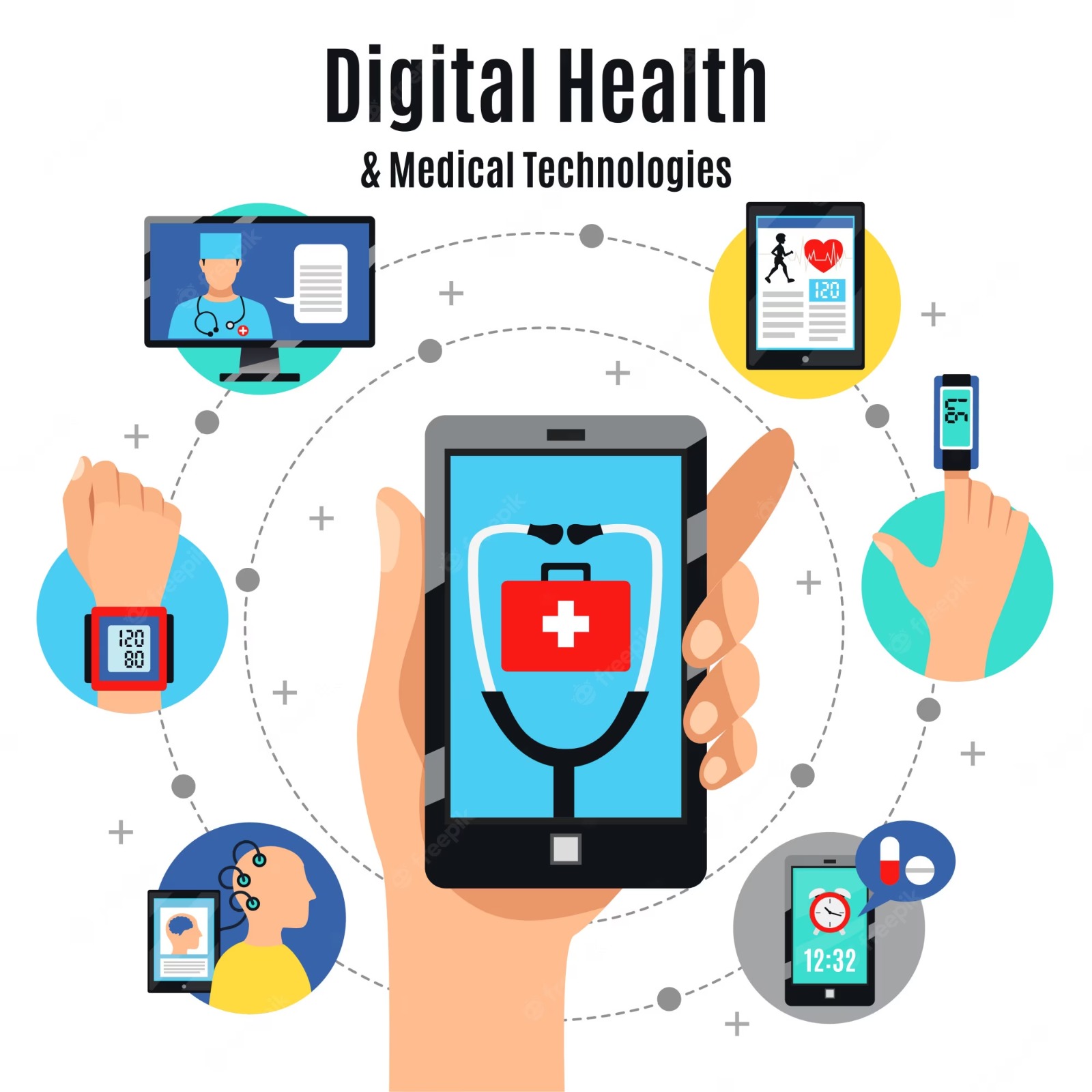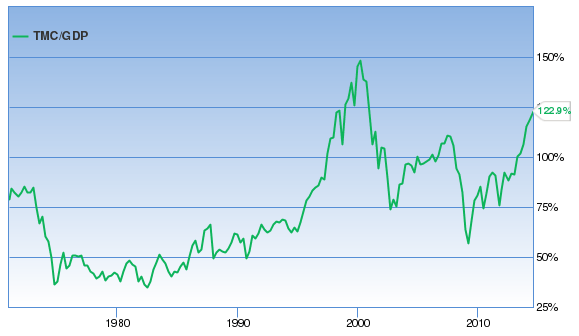12 Health Benefits of Technology
In an age where technology permeates every aspect of our lives, it has a profound impact on our health and well-being. While concerns about the effects of technology on physical inactivity and social isolation are valid, the numerous health benefits that technology offers cannot be overlooked. From improving access to healthcare to promoting mental well-being, technology is revolutionizing the way we approach our health. In this article, we highlight 12 significant health benefits of technology Adderall kaufen niederlande.
Table of Contents
- Improved Access to Healthcare
- Telemedicine Services
- Health Tracking Apps
- Wearable Fitness Devices
- Support for Mental Health
- Educational Resources
- Improved Communication with Healthcare Providers
- Remote Patient Monitoring
- Access to Health Information
- Promoting Physical Activity
- Personalized Medicine
- Emergency Response and Management
1. Improved Access to Healthcare
One of the biggest advantages of technology in healthcare is improved access. Patients can now access medical services and information online, which is particularly beneficial for people in remote or underserved areas. The rise of online consultations and digital health platforms means that geographic barriers to healthcare are increasingly being eliminated.
Benefits:
- Convenience: Patients can receive consultations without having to travel.
- Shorter Wait Times: Many online services offer faster access to healthcare providers.
- Expanded Care: More patients can be treated, especially those with mobility issues or chronic conditions.
2. Telemedicine Services
Telemedicine has proven to be groundbreaking in healthcare. Patients can communicate with healthcare providers via video calls, phone calls, or messaging. This convenience is particularly valuable for people who are unable to visit a clinic due to health, mobility, or time constraints.
Benefits:
- Cost Savings: Reduces travel costs and time off work.
- Access to Specialists: Patients can consult experts who may not be locally available.
- Continuity of Care: Regular follow-up appointments can be conducted without in-person visits.
3. Health Tracking Apps
Health tracking apps have become increasingly popular, enabling users to monitor various aspects of their health. These apps can track diet, exercise, sleep, and even stress levels, helping users take proactive steps toward better health.
Benefits:
- Goal Setting: Users can set personal health goals and track their progress.
- Behavioral Change: Insights from tracking can lead to healthier lifestyle habits.
- Data Analysis: Many apps provide analytics tools to understand health trends over time.
4. Wearable Fitness Devices
Wearable technologies, such as fitness trackers and smartwatches, have gained significant importance. These devices monitor physical activity, heart rate, sleep quality, and more, encouraging users to stay active and healthy.
Benefits:
- Motivation: Users receive real-time feedback and encouragement to achieve their fitness goals.
- Health Monitoring: Continuous monitoring can alert users to potential health issues, such as irregular heartbeats.
- Personalized Recommendations: Many wearable devices offer customized fitness plans based on individual performance and health data.
5. Support for Mental Health
Mental health has gained increasing importance, and technology offers several tools to provide support. From meditation apps to online therapy platforms, technology provides resources that help people manage stress, anxiety, and depression.
Benefits:
- Accessibility: Users can access mental health resources anytime, anywhere.
- Anonymity: Online platforms offer a level of privacy that encourages more people to seek help.
- Diverse Resources: From guided meditations to cognitive behavioral therapy (CBT) techniques, there are options for everyone.
6. Educational Resources
Technology has revolutionized how we access health information and education. Online courses, webinars, and informative websites allow users to learn about health conditions, prevention strategies, and wellness techniques.
Benefits:
- Empowerment: Knowledge is power; informed individuals can make better health decisions.
- Variety of Learning Formats: Users can choose from videos, articles, and interactive courses to suit their learning style.
- Community Support: Many platforms offer forums or discussion groups for shared experiences and support.
7. Improved Communication with Healthcare Providers
Technology facilitates communication between patients and healthcare providers. Secure messaging platforms and patient portals allow patients to ask questions, schedule appointments, and easily access test results.
Benefits:
- Quick Responses: Patients receive timely answers to their inquiries, which reduces anxiety.
- Efficiency: Streamlined communication leads to better organization and fewer missed appointments.
- Informed Decisions: Improved communication helps patients make informed decisions about their healthcare.
8. Remote Patient Monitoring
Thanks to technological advances, remote patient monitoring has become a viable option for managing chronic diseases. Healthcare providers can monitor patients’ vital signs and health data remotely and intervene when necessary.
Benefits:
- Continuous Care: Patients receive ongoing monitoring without frequent clinic visits.
- Early Detection: Anomalies can be detected early, allowing for timely medical intervention.
- Patient Involvement: Patients can take an active role in managing their health by using real-time data.
9. Access to Health Information
The internet is a vast resource for health information, offering access to a wide range of knowledge. Patients can research symptoms, treatments, and wellness tips, helping them take control of their health Adderall kaufen.
Benefits:
- Informed Decisions: Patients can make better decisions about their health and treatments.
- Awareness: Increased awareness of health issues leads to more proactive health management.
- Community Engagement: Online health forums and social media groups encourage discussions and the exchange of experiences.
10. Promoting Physical Activity
Technology plays a crucial role in promoting physical activity through fitness apps, online classes, and community challenges. These resources motivate users to stay active and continue their fitness journey.
Benefits:
- Variety of Options: Users can choose from a variety of workouts and activities to ensure diversity.
- Social Accountability: Many platforms offer community features that allow users to share progress and motivate each other.
- Convenience: Online workouts can be done conveniently at home, making it easier to integrate exercise into a busy schedule.
11. Personalized Medicine
Technology is paving the way for personalized medicine, where treatments are tailored to individual genetic profiles and health conditions. This innovative approach improves treatment effectiveness and minimizes side effects.
Benefits:
- Targeted Treatments: Personalized medicine leads to more effective treatment plans that are tailored to individual needs.
- Improved Outcomes: Customized therapies can lead to better health outcomes and higher patient satisfaction.
- Ongoing Research: Continuous advancements in technology and genetics contribute to the development of personalized medicine.
12. Emergency Response and Management
Technological advancements have significantly improved emergency response systems. With GPS tracking, mobile apps, and instant communication tools, emergency services can respond more effectively to medical crises.
Benefits:
- Fast Response Times: Improved communication and tracking ensure that help arrives quickly.
- Real-Time Data Sharing: Emergency services can access critical health information to ensure better on-site care.
- Public Safety: Technology plays a key role in public health and safety, especially during emergencies.
Conclusion
The integration of technology into healthcare provides numerous health benefits that promote our physical and mental well-being. From improved access to telemedicine and health tracking to mental health support and emergency response, technology is transforming the way we approach health and wellness. By leveraging these technological advancements, we can improve healthcare delivery, enhance personal health management, and contribute to a healthier society overall.







